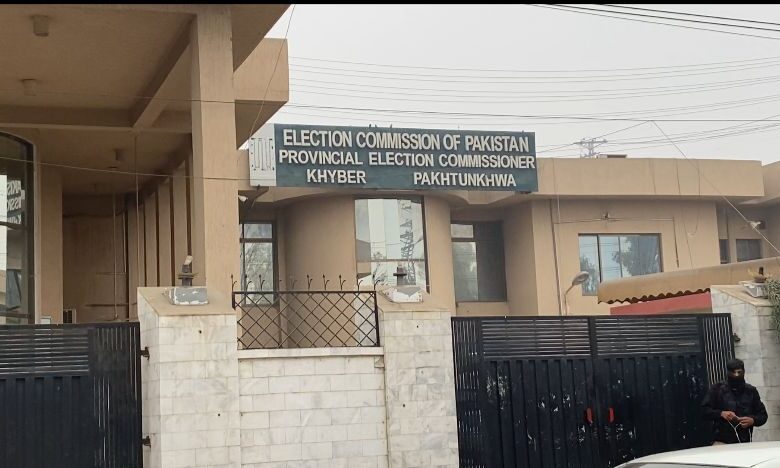
The Provincial Election Commission has concluded its preparations for the upcoming elections in Khyber Pakhtunkhwa, revealing key details in the preliminary report.
In this crucial electoral event, a substantial number of 20,192,120 registered voters in the province will exercise their democratic rights. The breakdown includes 54.47% male voters (11,944,398) and 45.53% female voters (9,983,722).
The Election Commission's comprehensive plan involves the appointment of 35 District Returning Officers (DROs), 160 Returning Officers (ROs), and 320 Assistant Returning Officers. KP will witness the setup of 15,737 polling stations and 47,526 polling booths across its 36 districts. Joint polling stations, accommodating both male and female staff, will total 6,607.
Also Read: Leopard Attack Sparks Local Response in Khyber, Ends in Tragedy
Differentiating the polling stations based on sensitivity, the province will have 4,812 highly sensitive, 6,581 sensitive, and 4,344 normal polling stations. An appointed staff of 182,755 individuals will be on election duty, with 16,524 serving as presiding officers, 99,805 as assistant presiding officers, and 49,902 as polling officers.
The electoral landscape includes 1,175 National Assembly candidates and 3,082 Provincial Assembly candidates from KP. Notably, 154 National Assembly candidates and 352 Provincial Assembly candidates have faced rejection of their nomination papers. Furthermore, 97 candidates are vying for specific National Assembly seats, 320 for provincial assembly seats, and 74 for minority seats.
To facilitate the electoral process, a substantial 22,720,500 ballot papers and an equivalent number of ballot boxes will be prepared for National Assembly constituencies. Additionally, 22,720,500 ballot papers will be printed for provincial assembly seats.
Provincial Election Commissioner Shamshad Khan emphasized the top priority of ensuring peaceful elections. Finalized arrangements, completion of polling staff training, and ongoing enhancements to polling station facilities underscore the commission's commitment to a smooth electoral process.